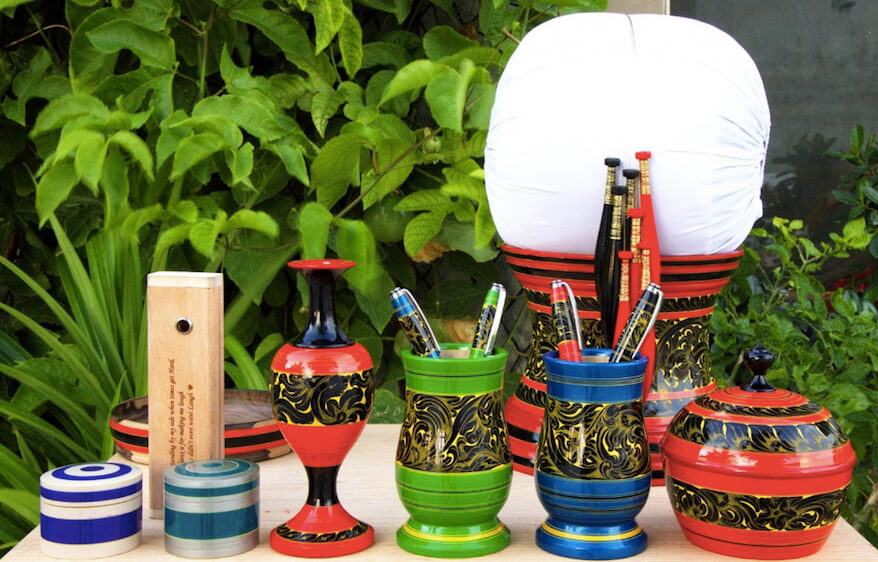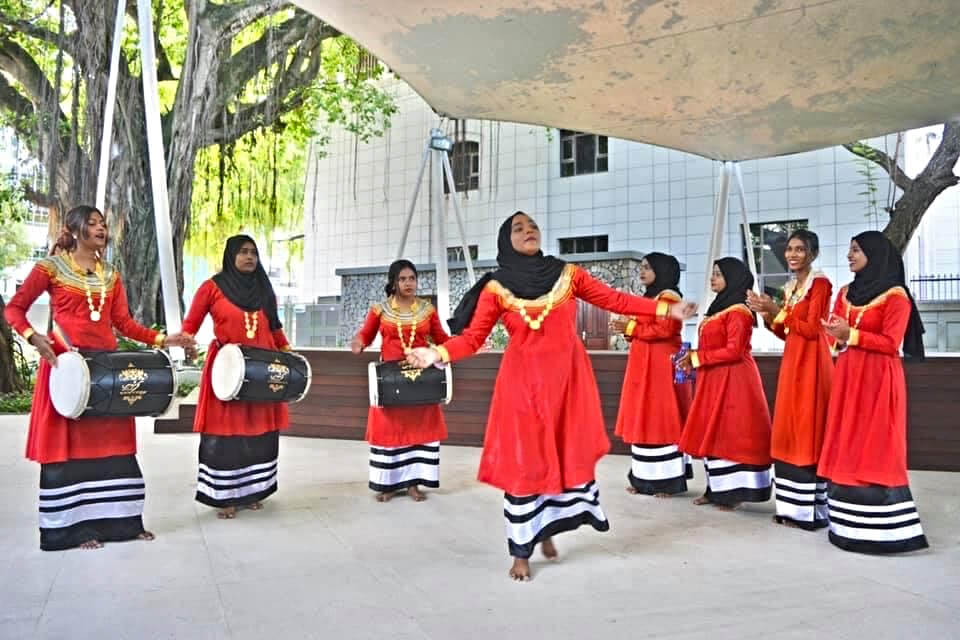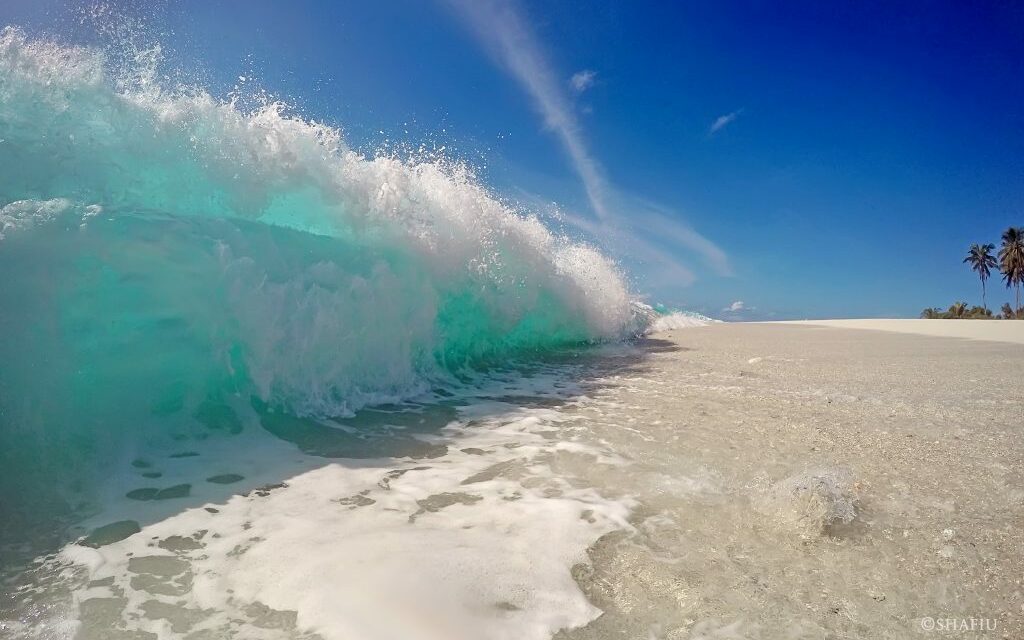Maldives Culture
If you’re planning a trip to the Maldives, familiarize yourself with the local culture. As one of the most popular tourist destinations in the world, the Maldives boasts a rich and diverse culture shaped by the country’s unique geography, history, and Islamic traditions. From delicious food to traditional dress and customs, there’s so much to learn and experience. In this guide, we’ll take you through the basics of Maldivian culture, helping you travel with confidence and respect.
The Maldives has a rich and unique culture, heavily influenced by its geography, history, and Islamic traditions. As a Muslim country, religion significantly impacts everyday life, including prayer times and customs.
The country is also known for its traditional arts and crafts, including intricate hand-woven mats and lacquer work known as “liyelaa jehun”. Traditional music, dance, and storytelling are also important parts of Maldivian culture, with vibrant performances often taking place at celebrations.
Fishing has long been a central part of the Maldivian way of life, with many island communities relying on the ocean for their livelihood. Renowned for its cuisine, the Maldives offers a wide variety of fresh seafood dishes and spicy curries served with rice. Locally grown tropical fruits and fresh coconut always complement the meal.
Hospitality and friendliness play key roles in the local culture, with locals welcoming visitors as honored guests. They value and respect local customs and traditions, and encourage visitors to learn more about the culture during their stay.

Role of Islam in The Local Culture
Islam plays a role in the everyday lives of the locals. It is important to be aware of local practices when visiting, especially to the local community islands.
For example, the local community islands prohibit alcohol, and it is unavailable there. Customs will confiscate any consumables containing alcohol upon arrival at Velana International Airport.
Ramadan — or “Ramazan” as they call it in the Maldives — is an integral part of Maldivian culture. It is celebrated with great enthusiasm and devotion throughout the country. We advise visitors to refrain from consuming food, drinks, and smoking in public during daylight as a sign of respect for the local community fasting during Ramadan. Only selected cafes and restaurants will remain open during the day for visitors, so be aware!
How To Dress Maldivian Style
Religion plays an important role in everyday life, so respecting local customs and traditions regarding clothing is necessary. While the Maldives is a popular tourist destination with a relaxed beach culture, dressing modestly remains important, especially when visiting local communities or religious sites.
We recommend wearing loose-fitting, lightweight clothing. It is also respectful to cover the shoulders and knees and avoid wearing revealing or tight-fitting clothing. Swimwear is acceptable on the beaches and resort islands, but it is recommended to cover up when leaving the beach area.
We recommend men wear a shirt and shorts in public places, while women can wear short-sleeved tops and shorts. The rules are stricter for women as the tops cannot be see-through or too large that it exposes the body. Women should avoid wearing shorts that are too small or tight, and you can only wear bikinis in public when you are on a dive boat. Bikinis can only be worn when in a wetsuit or under a shirt and shorts when on Fuvahmulah Island.

Useful Everyday Greetings and Simple Phrases
To fully immerse yourself in the local culture, it is worth knowing a few greetings or simple phrases that will help you. Here are five commonly used greetings and phrases used:
- “Assalaamu alaikum” – This is the most common local greeting used, and means “peace be upon you”. It is used as a general greeting between friends, family, and acquaintances.
- “Kihineh?” – This means “How are you?” and is a common greeting used between friends and acquaintances.
- “Shukuriyaa” – This means “Thank you” and is a polite way to express gratitude.
- “Marubahaa” – This means “Welcome” and is usually used to greet visitors.
- “Kon Nameh Tha Kiyanee” – This means “What is your name?”.
- “Meethi Varah Reethi” – This means “This is beautiful” and can be used to describe things.
Take Me To The Maldives!
Understanding and respecting Maldivian culture is essential for any traveller visiting this beautiful island nation. Following the do’s and don’ts outlined in this guide will help you have a safe and enjoyable trip while showing respect for local customs and traditions. From trying the delicious local cuisine to learning a few common phrases, there are many ways to immerse yourself in the vibrant local culture. Start your Maldives adventure today!
Frequently Asked Questions
- Does Maldivian culture allow tourists to drink alcohol?
Yes, Maldivian culture allows tourists to drink alcohol. However, it is important to note that tourists are not permitted to bring alcohol into the country. Products containing alcohol will be confiscated at customs checkpoint and returned upon departure at Velana International Airport. Although alcohol is offered at hotels and resorts, please be reminded that alcohol is not available at local community islands.
- Do females need to be totally covered up in Maldivian culture?
Maldivian females do cover their bodies from head to toe in traditional Maldivian culture and as tourists to an Islamic country, tourists are encouraged to respect the local culture. Female tourists visiting a local community island are recommended to bring clothing that are not too short or revealing. In general, thighs and shoulders need to be covered and bikinis are not permitted at the beach or other public areas. Swimwear is allowed however, females need to cover up when they are not in the water.
- What do locals eat in Maldivian culture?
In Maldivian culture, the staple dishes consist of tuna and a variety of carbohydrates such as rice, roshi (thin flat bread) boiled yam, banana, breadfruit and sweet potato. Tuna is usually prepared as mas riha (tuna curry), kulhimas (dry tuna curry), mashuni (flaked tuna with freshly grated coconut), garudhiya (fish soup) and rihaakuru (thick fish sauce).
- Is pork allowed in Maldivian culture?
Pork is not permitted in Maldivian culture as an Islamic country. Tourists are not permitted to bring in any pork products. Pork products will be confiscated at customs checkpoint and returned upon departure at Velana International Airport.

